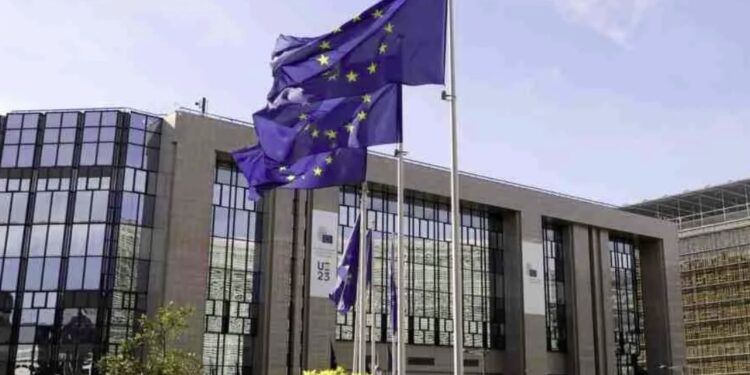The European Union has provided 13 million euros for malnutrition treatment and community-based education in Afghanistan, the United Nations’ children agency (UNICEF) announced Sunday.
Over 78,000 children in Afghanistan will benefit from additional funding for nutrition and Education in Emergencies from the European Union’s Civil Protection and Humanitarian Aid Operations (ECHO), UNICEF said in a statement.
With this €13 million contribution, UNICEF will procure 62,000 cartons of Ready-to-Use Therapeutic Food (RUTF) and train 1,600 health workers to treat severe acute malnutrition among children under five. Additionally, UNICEF will improve the quality of learning in 275 community-based education classes to enable 9,500 children (61 per cent girls) to access primary education.
In Afghanistan, 23.7 million people – over half of them children – require humanitarian assistance this year. In 2024, nearly 2.9 million children are expected to face acute malnutrition. More than 850,000 of them will need treatment for severe acute malnutrition – a life-threatening condition, UNICEF said.
Education in Afghanistan also remains in crisis. According to the 2023 Multiple Indicator Cluster Survey, more than half of children do not attend primary school.
“The malnutrition rates in Afghanistan – especially amongst children – show that Afghanistan is facing an emergency. The EU will continue to work with longstanding humanitarian partners like UNICEF to provide urgently needed support, including nutrition and education in emergencies. Even amidst one of the worst humanitarian crises in the world, children have the right to quality education that will help them build a better future,” said François Goemans, Head of EU humanitarian aid in Afghanistan.
The two-year intervention will target about 69,000 children under the age of five for malnutrition treatment across 27 provinces of Afghanistan. It will help nearly 9,500 children and adolescents in four provinces continue their education through community-based learning, developing foundational skills, including social and emotional competencies for positive psychological development. The project will also enable emergency teaching and learning supplies to be delivered to children in need across all 34 provinces.
“We appreciate the continued partnership with EU humanitarian aid, which will help us get RUTF into some of the nutrition treatment facilities where children are most in need and train the frontline health workers administering this treatment in communities,” said Dr. Tajudeen Oyewale, UNICEF Representative in Afghanistan. “This funding will also enable children to continue attending community-based education classes and provide the materials students and educators need for a successful classroom.”
In the past four years, EU humanitarian aid has allowed UNICEF to provide safe water systems, community-based education, life-saving child protection and health services, emergency cash transfers, and malnutrition treatment for children.
